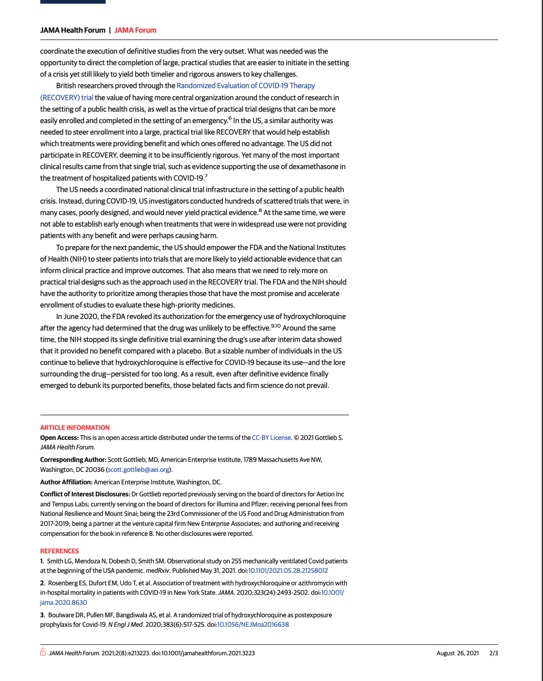
🧵Thread: What lessons should the U.S. and world learn from the rising Covid cases in parts of Europe, and especially the recent surge in a highly vaccinated country like Germany; and what risks and cautions could Germany's recent experience foretell for the U.S.? (1/12)
It's hard to fully explain Germany’s Covid surge. Here @celinegounder brings her usual great data and perspective; including: Germany has high vax rates with effective vaccines. But there are also distinctions between U.S. and Germany worth consideration
https://twitter.com/celinegounder/status/1458455546378571781?s=20
While Germany has high vax rate (67% fully vaxxed) it's concentrated among older individuals, and little coverage among kids. So, it has big pockets of low coverge. Germany has not authorized vax for under 11, and only authorized 12-17 in Aug when Delta first started to tick up
NY Times November 11, 2021: “Germany’s Fourth Covid Wave: ‘A Pandemic of the Unvaccinated’ - Germany once set an example for how to manage the coronavirus. Now, deep pockets of vaccine resistance are helping drive daily infections to new heights.” nytimes.com/2021/11/11/wor…
In June Germany's scientific advisers recommended the vaccine should only be offered to children 12 to 15 with underlying health conditions. But in Aug, after Delta variant started spreading, the rollout was extended to all those over 12 years old. bbc.com/news/health-58…
Germany also had less prior infection than U.S., and less total immunity in population. U.S. CDC estimates up to 80% of Americans have some immunity to Covid (either from vaccination, prior infection, or both). In the U.K. that figure may be 90%. In Germany that rate is lower. 

Germany hasn’t used testing as aggressively and as widely as the U.S., U.K. and some other countries to identify cases, get infected patients isolated and treated, and trace close contacts to help prevent further transmission. 

Earlier this fall, after months of offering free coronavirus antigen tests to all residents, Germany stopped subsidizing them for adults who chose not to get vaccinated. nytimes.com/2021/08/10/wor…
Delta was late to rise in Germany in Aug and the bigger surge is more sudden and recent as Delta appears to have gotten into populated regions as weather cooled, perhaps people moved indoors. But the reproduction number appears to be slowing, a sign they (may) be starting to peak 



Germany's challenges are caution to world, Covid pandemic isn't over globally, won't be for long time. But U.S. is further along than many other countries, in part because we already suffered more spread, in part because we're making progress on vaccines, therapeutics, testing.
Germany has 33 cases/100,000/day. In U.S., the national avg is about 22. But US spread is highly regionalized, the south has largely had its wave, the current wave in plains and mountain states is receding, but cases are rising further north in New England and Great Lakes region 

In U.S., we're much closer to end of delta wave then beginning. Through wider vaccination, oral anti-viral drugs, wider use of antibody drugs - along with our already high levels of population-wide immunity - we'll be entering a more endemic, yet still persistent phase of Covid.
• • •
Missing some Tweet in this thread? You can try to
force a refresh










